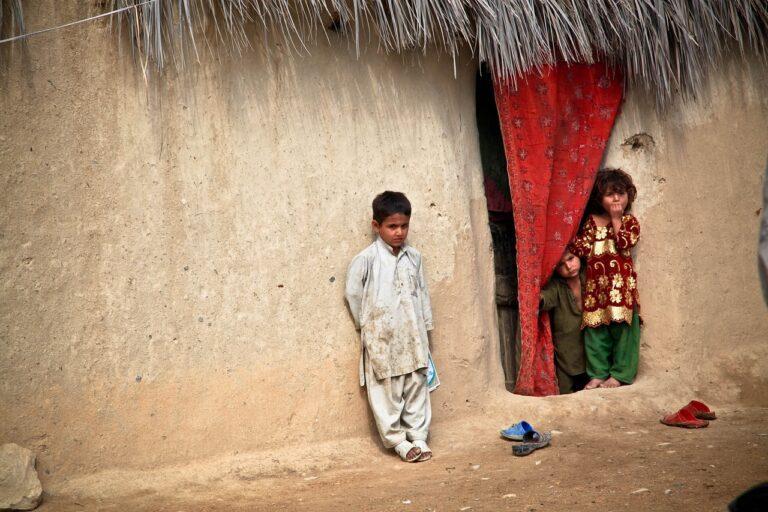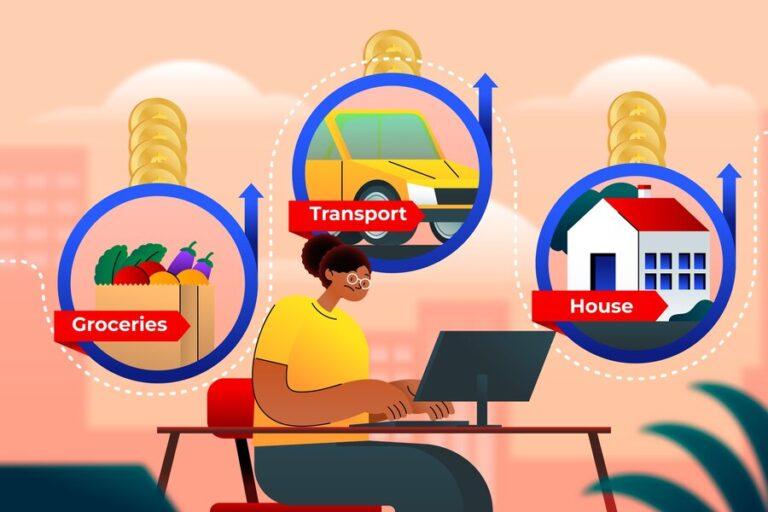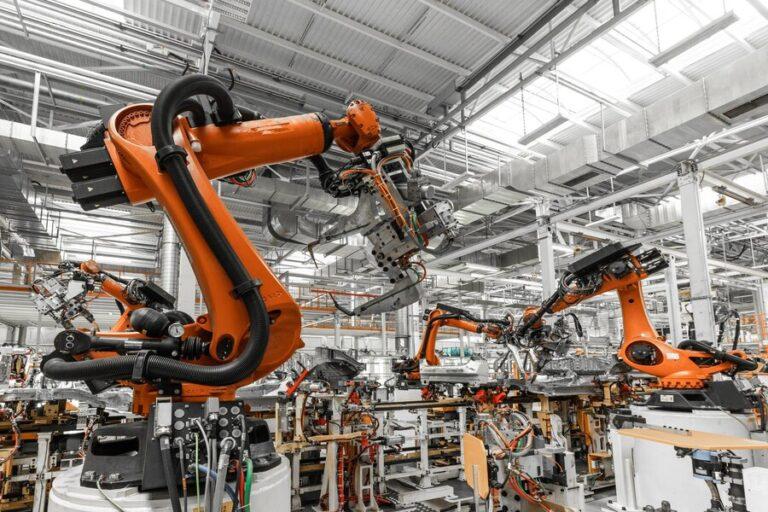Economic Development Definition By Mayer and Baldon: A Deep Dive
Economic development definition elaborates, it is a multifaceted and intricate process that has captivated economists and policymakers for many years. Although numerous attempts have been made to articulate and understand it, the viewpoint offered by Mayer and Baldon is noteworthy for its thorough and human-centered viewpoint. This article will examine Mayer and Baldon’s characterization of economic development, assess its implications, and evaluate how it fits into the larger framework of economic theory.
Introduction to Mayer and Baldon’s Economic Development Definition
Mayer and Baldon, two prominent economists, suggested an economic development definition transcending the conventional emphasis on growth indicators like GDP. Their perspective prioritizes the enhancement of individual quality of life along with the alleviation of poverty and inequality. Rather than solely viewing economic growth as the primary objective, they underscore the significance of human welfare and social justice in their definition: What is economic development?
Mayer and Baldon define economic development is a process that should result in both tangible and intangible advancements. They contend that although economic growth is a prerequisite for development, it alone is inadequate for achieving a genuinely developed society. In their opinion, economic development must include a wider range of considerations, such as social, political, and environmental aspects.
According to them, economic development means that it is a process of improving the economic and social well-being of people.
Mayer and Baldon’s Crucial Emphasis in Development Economics
Mayer and Baldon’s interpretation of economic development, or their economic change definition, revolves around several fundamental principles:
1. Enhancement in Living Standards
Mayer and Baldon assert that the primary aim of economic development is to elevate the living standards of the populace. This encompasses access to improved healthcare, education, housing, and essential services. Therefore, economic development is not merely about increasing wealth but rather enhancing individuals’ quality of life.
In their framework of economic development definition, economic development is evaluated based on how effectively society meets the fundamental needs of its inhabitants. It emphasizes not just material well-being but also emotional and social health, suggesting that a truly developed community enables individuals to lead fulfilling and secure lives.
2. Financial Fairness and Societal Justice
Mayer and Baldon’s economic development definition underscores the necessity of diminishing inequality within a society. From their point of view, economics development involves creating opportunities for every segment of society to participate in the advantages of growth. This requires addressing disparities stemming from income, gender, race, and other societal factors.
Economic fairness is both a moral commitment and an applied consideration. A more equitable society is prone to stronger social cohesion and stability, which fosters sustainable development. By focusing on social justice, Mayer and Baldon emphasize the need for a fair distribution of resources as a fundamental aim of economic development.
3. Human Change and Authorization
In Mayer and Baldon’s view, human development is central to economic development. This extends beyond merely raising income levels or output. They highlight the significance of education, healthcare, and personal empowerment as essential components of development. Human development entails ensuring that individuals possess the skills, health, and opportunities to enhance their lives and make meaningful contributions to society.
Their viewpoint is influenced by the human development paradigm advocated by scholars like Amartya Sen and Mahbub ul Haq. This approach focuses on expanding individuals’ capabilities to lead lives they find valuable, rather than just improving indicators of economics.
4. Sustainable Development
Mayer and Baldon further integrate sustainability into their economic development definition. They argue that development should not compromise the environment or the needs of future generations. Sustainable development involves balancing economic growth with environmental care, ensuring that natural resources are preserved and that development practices are ecologically responsible.
This element of their definition emphasizes the importance of long-term consideration. Economic development is a multifaceted approach. According to Mayer and Baldon, a developed society is one that fulfills its current requirements without jeopardizing the capacity of future generations to satisfy their own.
5. Political Awareness and Institutional Progress
Mayer and Baldon highlight in their economic development definition the significance of political stability and institutional advancement in the economic development process. Strong governance, efficient public institutions, and robust legal systems are crucial for creating an environment that promotes economic development and growth.
A consistent political climate guarantees the safeguarding of citizens’ rights, the efficient distribution of resources, and the availability of economic opportunities for everyone. According to Mayer and Baldon, the growth of institutions is crucial for maintaining economic advancement and ensuring that it results in real enhancements to people’s lives.
The Consequences of Mayer and Baldon’s Economic Development Definition
Mayer and Baldon’s perspective on economic development carries significant consequences for the design and execution of policies. Their definition, centered on people, implies that policymakers should concentrate not only on raising GDP or industrial output but also on ensuring that economic advancement is inclusive and sustainable.
1. Emphasis from Growth to Development
A primary consequence of Mayer and Baldon’s definition is the transition in focus from simple growth to genuine development. Conventional economic theories frequently highlight the necessity of boosting output and wealth, but Mayer and Baldon contend that this emphasis is too limited. While economic growth is essential, it is inadequate for genuine development. Instead, policymakers should pursue strategies that promote human well-being (like jobs and development), lessen inequality, and safeguard the environment.
This viewpoint necessitates a more integrated approach to policymaking—one that takes into account not only economic metrics but also social, environmental, and political considerations.
2. Stress on Education and Health Care
Mayer and Baldon’s economic development definition underscores the significance of human development, which has direct consequences for policies related to education and healthcare. For development to take place, it is vital to invest in education and health. Education provides individuals with the necessary skills to engage in the economy, while health assures that individuals can function as productive members of society.
Consequently, policymakers should prioritize these sectors in their development plans. This may include enhancing access to quality education and healthcare, improving infrastructure, and advancing social programs targeted at reducing inequalities.
3. A New Structure for Maintainable Development
Sustainability is another critical aspect of Mayer and Baldon’s definition, which significantly impacts how development is pursued. In the contemporary world, where environmental issues are increasingly critical, their framework advocates for a development process that aligns self-sustainable growth with environmental conservation.
Nations embracing this definition would have to implement policies promoting green technologies, renewable energy pathways, and resource preservation. These initiatives would ensure that development occurs without undermining the planet, but rather in synergy with it.
Conclusion
Mayer and Baldon’s interpretation of economic development definition provides a thorough, people-focused, and multifaceted approach to understanding the development process. By concentrating on enhancing living standards, fostering equality, empowering individuals, ensuring sustainability, and reinforcing institutions, their framework offers a comprehensive means to comprehend and realize economic development.
Their economic development definition challenges traditional perspectives centered on growth and advocates for policies that address the broader social, environmental, and political aspects of development. For societies to genuinely thrive, economic development must be inclusive, sustainable, and aimed at improving the well-being of individuals. In conclusion, we can say that in economics this economic development definition has key importance.







